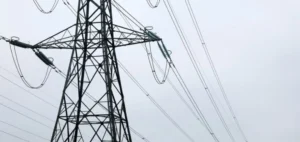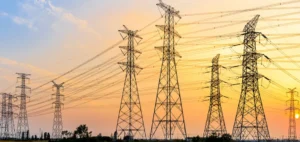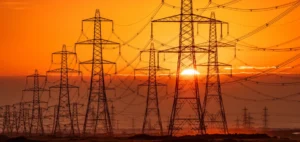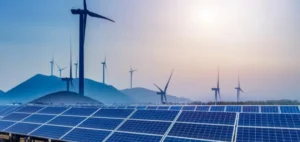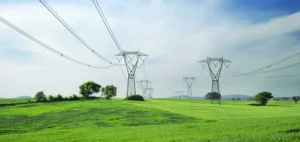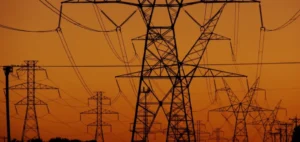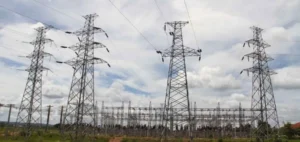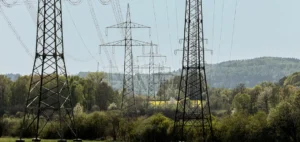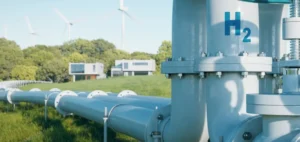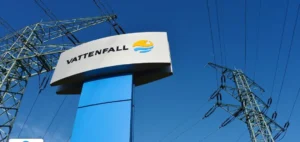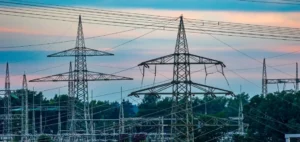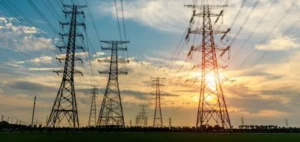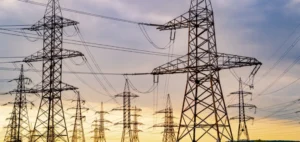The British company Xlinks has announced a temporary suspension of administrative procedures related to its planned submarine electrical cable between Morocco and the United Kingdom, pending a response from British authorities regarding a Contract for Difference (CfD). This pricing mechanism is crucial to secure the economic viability of the project. The cable, planned to stretch approximately 3,900 kilometers, aims to transport electricity generated from renewable sources in Morocco to the British electricity network.
According to a public statement from Dave Lewis, chairman of Xlinks, the absence of a clear regulatory framework in the UK is currently hindering the mobilization of the £8 billion (approximately $10.7 billion) necessary to fund the project. “International investors will not wait indefinitely,” he declared last April, while specifying that funding commitments remain available but are contingent upon obtaining clear political guarantees.
Suspension awaiting UK decision
Xlinks has clarified that the current suspension specifically concerns administrative procedures in the United Kingdom, notably the Development Consent Order (DCO) process, essential for installing the cable within British territory. Regarding this matter, the company directly contacted EnergyNews to officially clarify that it has never considered nor mentioned any potential redirection of the project toward Germany or any other country. Xlinks remains fully committed to its original Morocco-UK project and awaits a clear response from British authorities on the proposed pricing agreement.
The CfD mechanism would enable Xlinks to secure a fixed electricity resale price over a 25-year period. The company had proposed a tariff ranging between £77 and £87 (approximately $104 to $117) per megawatt-hour. Without a clear agreement, investors are reluctant to definitively commit the funds required to proceed with the project.
Potential consequences for Morocco
A prolonged delay or eventual failure of the project could significantly impact Morocco, potentially leading to the loss of billions of dollars in foreign investment and nearly 10,000 jobs. Xlinks emphasizes that the project aligns closely with Morocco’s strategic objectives of achieving 52% renewable energy in its energy mix by 2030. Any substantial delay in realizing this interconnection could notably undermine Morocco’s energy ambitions and broader regional energy integration strategies with Europe.





